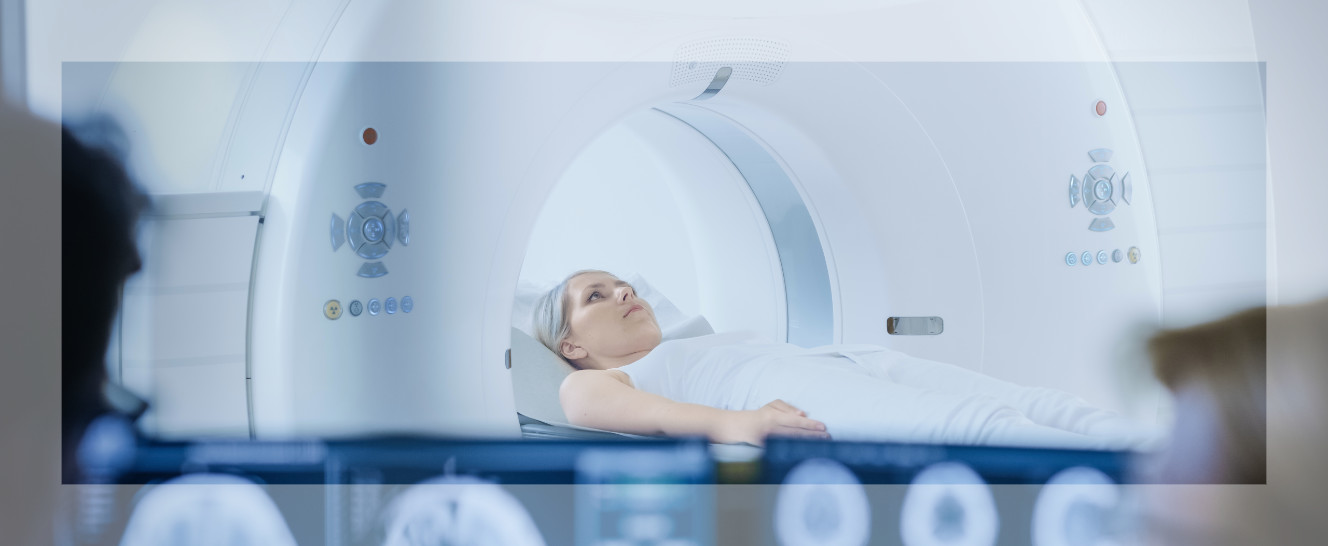
TOGAS: TOwards GAstric cancer Screening implementation in the European Union
TOGAS is an EU-funded project that aims to provide the missing evidence base to create Europe’s most cost-effective gastric cancer screening strategy. The University of Latvia is co-ordinating the TOGAS project, which involves a collaboration between 20 expert research partners in 14 countries across Europe.
Beacon Hospital is part of Pilot Study 1 of this project which is screening 30 to 34-year-olds for a known cancer-causing bacteria (Helicobacter pylori). Prior research indicates we can reduce the number of stomach cancer cases by 40% by screening for and treating this bacteria.
This pilot study is one of three studies currently underway with the aim of reducing stomach cancer through an effective screening programme.
The results from this project will help policymakers incorporate stomach cancer screening into their healthcare priorities while balancing its feasibility and cost-effectiveness.







